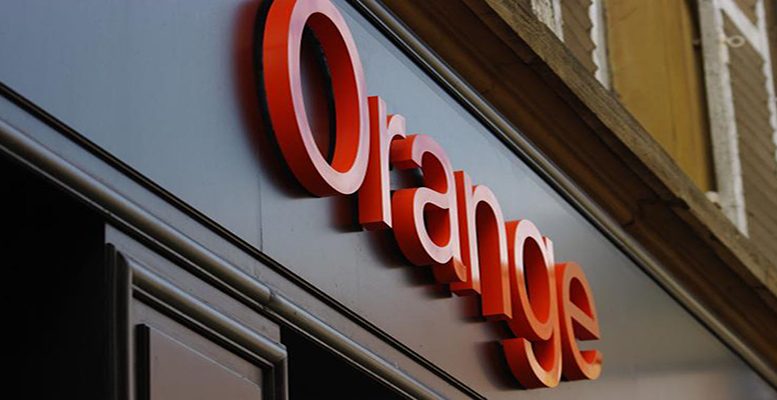Orange España, the French group’s Spanish subsidiary, and the MásMóvil group have confirmed exclusive talks with a view to a 50/50 merger of their respective businesses through a €19.6 billion joint venture. This would value Orange at €8.1 billion and Másmóvil at €11.5 billion.
The resulting new group would become the leader in the Spanish mobile market, with 27 million mobile customers, and would have combined revenues and EBITDA of €7.5 billion and €2.2 billion, respectively. MásMóvil will appoint the CEO – expected to be Meinrad Spenger – while Orange will appoint the chairman and CFO.
If successful, the new group will be listed on the stock exchange to facilitate the exit of KKR, Cinven and Providence. The deal will test the supposedly greater flexibility of the competition authorities in Brussels, as the number of operators present in the Spanish market will be reduced from 4 to 3 after the rigid position in the past. Orange closed yesterday unchanged (+9% on the year).
As Jacques de Greling, head of corporate ratings at Scope Ratings, explains: “Orange faces a long period of regulatory uncertainty over the planned 20 billion euros merger of its Spanish business with local operator MásMóvil, as this will be a test of the sector’s European antitrust framework.
With the private equity firms that own MásMóvil eager to exit the low-growth but comfortably profitable Spanish market, and Vodafone unwilling to take on the role of consolidator, it has been Orange’s turn to try.
However, as Stéphane Richard, Orange’s outgoing CEO, acknowledged in a meeting with investors three weeks ago, the Brussels antitrust framework has not changed. Richard said the case for consolidation in the market was stronger now, as there are players that did not exist five years ago. It should be noted that MásMóvil is not, in fact, a new mobile operator, but simply the new name for Yoigo, which started in the Spanish market in 2006.
Richard added that the main problem for the telecoms sector is self-censorship: if you don’t present a project in Brussels, you don’t know if there is a change in the regulatory framework. He also commented that the price to pay for pushing for consolidation in a market like Spain is the 12-18 month antitrust process in Brussels, with all the associated uncertainties.
Orange’s decision to take on this burden seems to imply that Vodafone Spain was unwilling to take a Vodafone-MásMóvil deal to Brussels for approval. The UK company also rejected a consolidation bid by Iliad in Italy only a month ago.
An important barometer of whether the European Commission is more or less willing to consider telecoms consolidation in the country without imposing significant measures will be the outcome of its appeal against the court’s decision to overturn the EC’s block on the merger of Hutchison and Telefónica’s UK operations. The European Court of Justice’s verdict is not expected for several months”.





